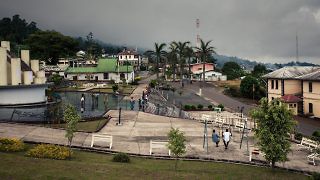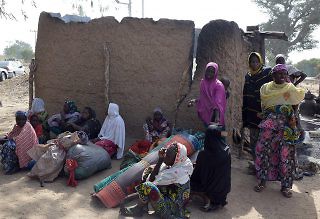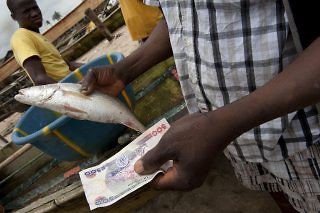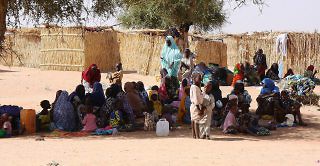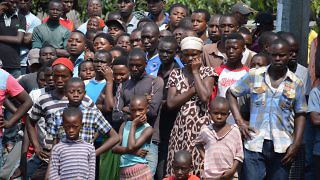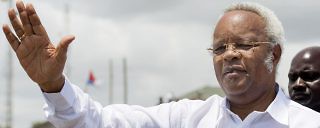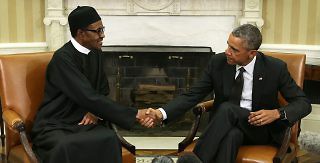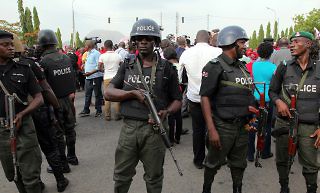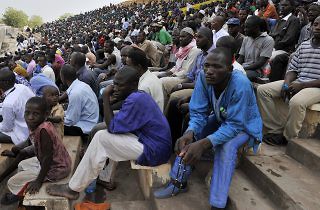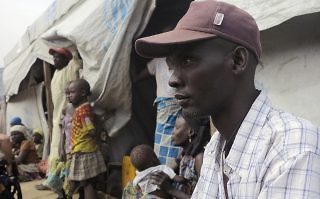The events of the past few years highlight the importance of inclusive governance measures and the ramifications of heavy-handed security responses.
Author: Hilary Matfess
-
-
The crisis has placed a clear strain on the limited resources of the Nigerian government and international humanitarian system.
-
Historically low oil prices present a challenge to a country that derives more than 70% of revenue from oil, but there could also be an opportunity for Nigeria to achieve its long-sought and much-needed economic diversification.
-
Forced return of Nigerian refugees from Cameroon is a major violation of international law. Yet the practice appears to be growing, and threatens to reignite tensions between the two countries.
-
The normalization of brutal tactics by the state’s security forces suggests the possibility for systemic violence by state actors against perceived threats to Nkurunziza’s regime.
-
While much of the CCM is now mobilizing behind Magufuli, Lowassa has decamped to the opposition. The four main opposition parties in the country, Chadema, the NCCR-Mageuzi Party, the united Democratic Party, and the Tanzania Labour Party, have formed a coalition and have agreed to support him.
-
Compared to neighboring Chad, whose military is regarded to be the most effective in the region at present, the Nigerian military looks flush with equipment.
-
Buhari must implement the domestic reforms necessary to reduce the appeal of anti-government movements and prevent the development of additional insurgencies in Boko Haram’s mold.
-
A 2013 review by RAND Corporation of the Malian government’s development initiatives in the north found that much of the aid earmarked for the region had never reached its destination because of “corruption or plain bad faith.”
-
The Minawao camp is not far from the border with Nigeria and has swollen in recent weeks. Officially, there are 42,000 refugees living there, but residents estimate there are likely an additional 10,000 in the camp who are undocumented.
